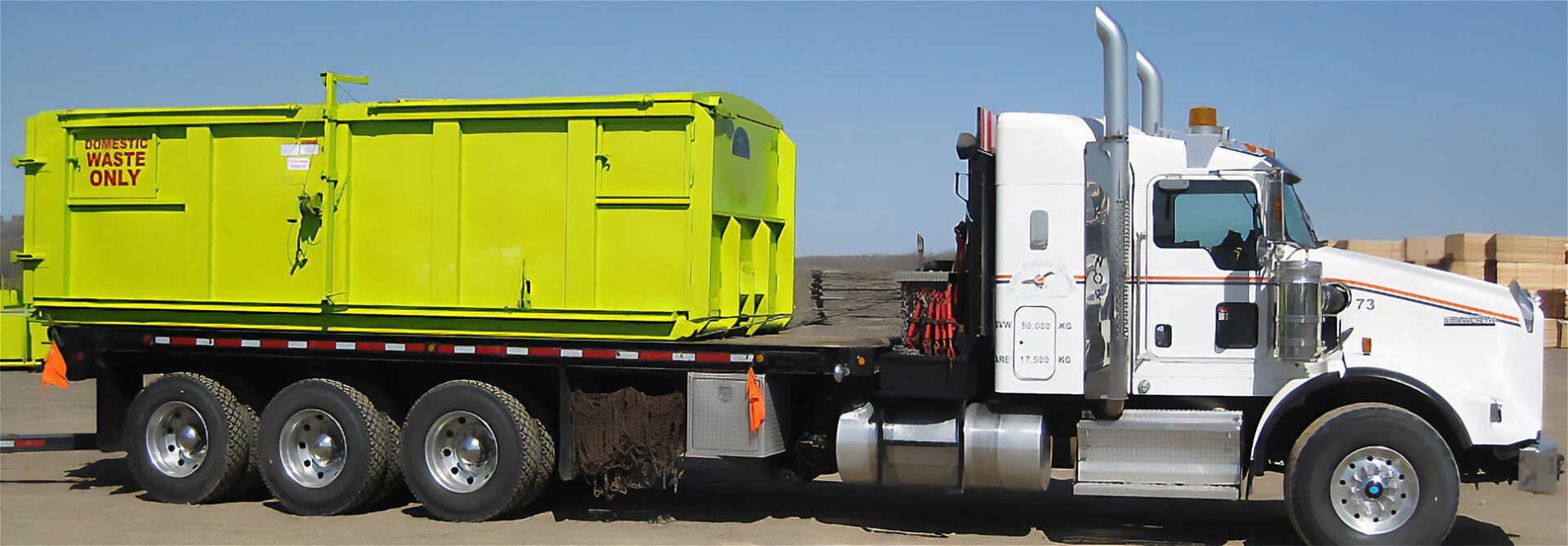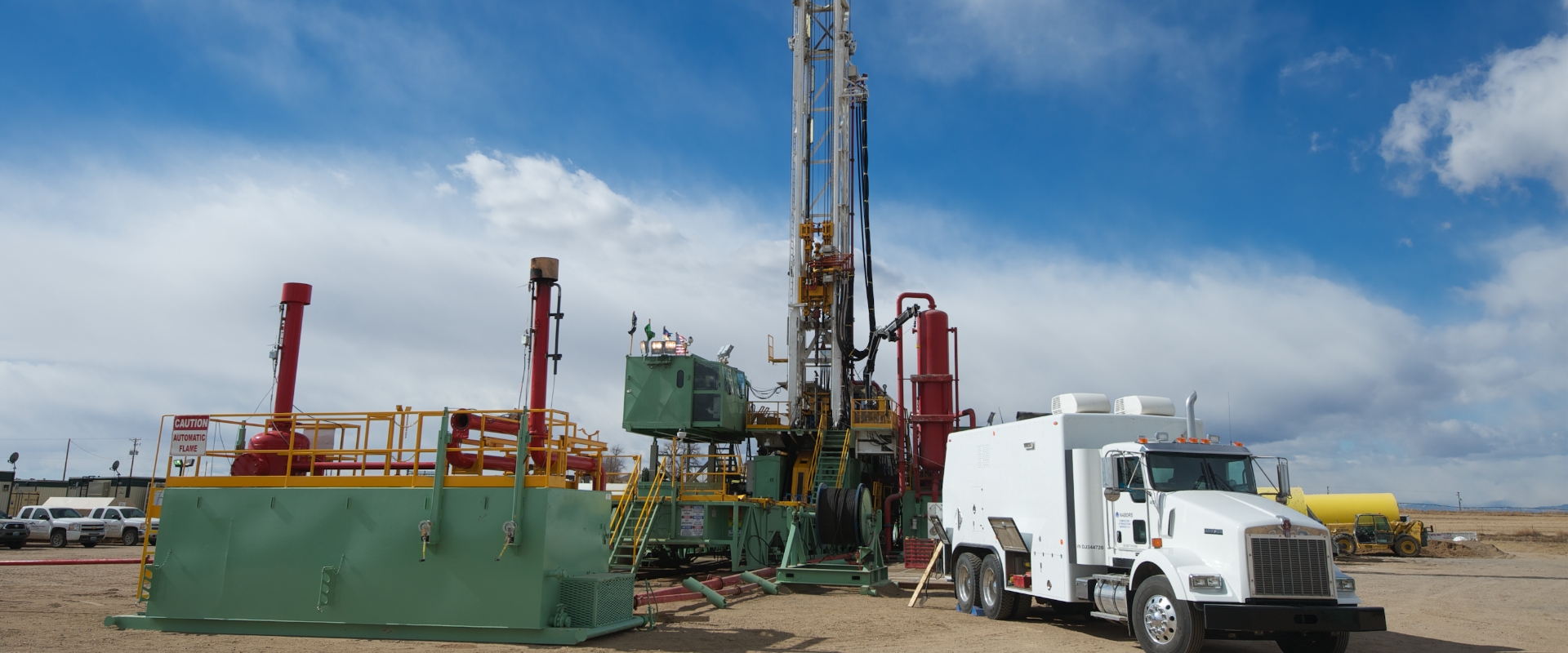Why Superior Oilfield Rentals is redefining energy operations
A Comprehensive Guide to the Numerous Kinds of Oil Field Equipment and Pipeline Equipment Available
The oil and gas industry relies greatly on customized equipment for effective removal and transportation. Numerous kinds of equipment, from drilling rigs to tank, play important roles in this intricate procedure. Each piece of equipment offers distinctive features that contribute to total functional success. Understanding these components is important for any individual included in the market. As the market advances, so as well do the innovations that sustain it. What innovations are on the horizon?

Drilling Rigs: The Backbone of Oil Exploration
Drilling rigs function as the necessary machinery in the domain of oil exploration, making it possible for firms to access hydrocarbon gets buried deep below the Earth's surface area. These rigs come in numerous kinds, including land rigs, offshore rigs, and mobile systems, each created to run in particular settings. Furnished with sophisticated innovation, piercing rigs can permeate geological developments with accuracy, making certain effective resource extraction. The architectural stability and functional capabilities of these rigs are essential, as they must endure severe conditions and considerable pressures. The choice of a drilling gear influences the general project price and timeline, making it an important factor to consider for oil companies seeking to enhance their expedition initiatives and take full advantage of performance in their operations.
Pumps: Important for Fluid Activity
In the oil removal process, the function of pumps is significant, facilitating the movement of liquids throughout numerous stages of production. Pumps are necessary for transporting unrefined oil, water, and other fluids from below ground reservoirs to the surface and afterwards via pipes to refineries. They can be found in different types, including centrifugal, positive variation, and completely submersible pumps, each offering details objectives based upon the fluid features and operational needs. Centrifugal pumps are generally made use of for their effectiveness in high-flow applications, while positive displacement pumps master taking care of viscous fluids. The choice of pump influences general effectiveness, functional safety and security, and maintenance expenses. Proper selection and maintenance of pumps are important for optimizing production and decreasing downtime in oil area operations.
Shutoffs: Controlling Flow and Pressure

Shutoffs play an important duty in taking care of the flow and stress of liquids within oil areas and pipelines. Numerous sorts of shutoffs serve distinct applications, each developed to satisfy certain functions fundamental for reliable procedure - Superior rentals squeeze tools. Understanding the attributes and uses these valves is vital for enhancing system efficiency and safety and security
Sorts of Valves
Essential parts in oil area procedures, valves play an important duty in managing the circulation and stress of liquids within pipelines and devices. Different sorts of valves are utilized to fulfill the diverse demands of oil and gas production. Common kinds include entrance valves, which offer a straight-line flow and minimal stress decrease; world valves, understood for their throttling capacities; and round valves, identified for their quick on/off control. Additionally, check valves prevent backflow, while butterfly shutoffs use a lightweight option for managing flow. Each valve kind is designed with details products and setups to stand up to the harsh conditions usually found in oil areas, ensuring reliability and efficiency in procedures. Comprehending these types is critical for reliable system monitoring.
Valve Applications and Functions
While various kinds of valves serve distinctive objectives, their main applications revolve around managing circulation and stress within oil and gas systems. Shutoffs such as gateway, world, and ball valves manage fluid activity, ensuring peak efficiency and safety. Gateway shutoffs are commonly utilized for on/off control, offering marginal flow resistance. World shutoffs, on the other hand, offer specific flow policy, making them appropriate for throttling applications. Sphere valves are favored for their quick operation and tight sealing capacities. Furthermore, stress safety valve are vital for protecting against system overpressure, securing devices integrity. In general, the appropriate option and application of shutoffs boost operational performance, making certain the reliable transportation of oil and gas with pipes and handling facilities.
Compressors: Enhancing Gas Transportation
Compressors play a crucial role in the efficient transport of all-natural gas, making sure that it moves efficiently with pipelines over lengthy ranges. These devices enhance the pressure of gas, enabling it to conquer friction and elevation changes within the pipeline system. Furthermore, compressors facilitate the harmonizing of supply and demand, suiting fluctuations in usage and manufacturing rates. Numerous sorts of compressors are used in the sector, including centrifugal, reciprocating, and rotary screw compressors, each offering unique advantages based upon click here the operational needs. Regular maintenance of these compressors is important to optimize effectiveness and lessen downtime, ultimately contributing to a reliable gas transportation network. Their essential feature highlights the significance of compressors in the general oil and gas infrastructure.
Storage Tanks: Safe and Efficient Fluid Administration
Efficient transport of natural gas depends on various supporting systems, one of which is the proper management of storage space containers. These tanks play a necessary role in securely having fluids, making sure that operational efficiency is maintained while lessening environmental threats. Constructed from sturdy products, they are made to withstand high stress and corrosive aspects. Effectively sized and tactically situated, storage tanks facilitate the smooth circulation of gas and other liquids, stopping bottlenecks in supply chains. Normal maintenance and monitoring are necessary to detect leaks or architectural concerns, advertising safety and compliance with regulative requirements. Ultimately, the reliable management of tank is crucial for the general honesty and integrity of the oil and gas sector's fluid handling systems.
Pipeline Solutions: Infrastructure for Transport
Pipeline systems function as the backbone of the oil and gas sector, promoting the reliable transport of hydrocarbons over substantial ranges. These systems include numerous elements, consisting of pipes, valves, pumps, and compressors, all carefully designed to assure smooth flow. The products used in pipeline construction, typically steel or high-density polyethylene, are picked for toughness and resistance to rust. Pipeline networks can extend across land and water, attaching production websites to refineries and circulation facilities. In addition, progressed innovation enables real-time monitoring of flow prices and stress degrees, boosting operational performance. The tactical positioning of these pipelines reduces environmental impact while making best use of resource availability, therefore playing an essential role in conference power demands around the world.
Safety Equipment: Guaranteeing Worker and Environmental Defense
The procedure of pipeline systems, while crucial for power transportation, additionally presents significant safety difficulties for workers and the setting. Safety tools plays a significant function in alleviating these risks. Personal protective devices (PPE) such as helmets, handwear covers, and non-slip footwear safeguards employees from physical threats. Additionally, gas discovery systems keep an eye on for leaks, guaranteeing that unsafe compounds do not present a danger to workers or the surrounding environment. Emergency closure systems are important for rapidly stopping procedures throughout a dilemma, stopping potential catastrophes. Spill control products, consisting of absorbents and barriers, are essential for reducing ecological effect. Generally, spending in comprehensive safety and security devices is critical for keeping functional stability and safeguarding both employees and the atmosphere in the oil and gas sector.

Often Asked Concerns
How Do I Pick the Right Oil Field Equipment for My Task?
Picking the right oil area tools entails reviewing task requirements, budget plan restrictions, and functional demands. Consider elements such as tools dependability, compatibility with existing systems, and the provider's online reputation to ensure peak efficiency and security.
What Are the Upkeep Demands for Oil Field Equipment?
Upkeep requirements for oil field devices consist of regular assessments, lubrication, and prompt repair services. Operators needs to likewise comply with supplier guidelines, screen performance metrics, and warranty conformity with security laws to improve longevity and effectiveness.

Just How Can I Make Certain Compliance With Environmental Laws?
To ensure conformity with ecological policies, firms must conduct routine audits, execute ideal techniques, spend in training, keep proper documentation, and remain updated on regulation (Superior rentals squeeze tools). Collaboration with ecological firms can additionally improve adherence to laws
What Is the Typical Life-span of Pipeline Equipment?
The average life expectancy of pipeline devices usually varies from 20 to 50 years, depending on variables such as worldly top quality, ecological problems, and upkeep methods. Regular evaluations can considerably affect durability and operational performance.
Exactly how Do I Securely Move Oil Field Equipment to Remote Locations?
Delivering oil area equipment to remote areas requires cautious preparation, including path analysis, securing permits, making use of ideal automobiles, and making sure safety methods are adhered to. Proper training and interaction amongst crews are important for successful transportation.